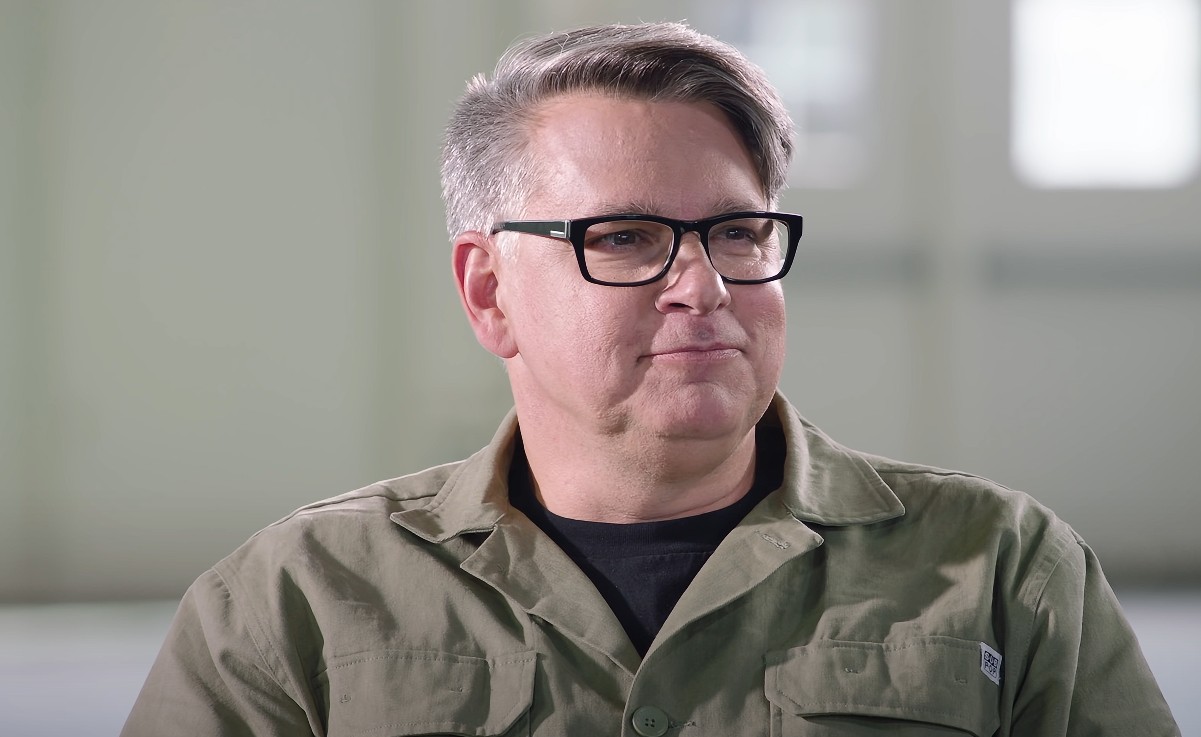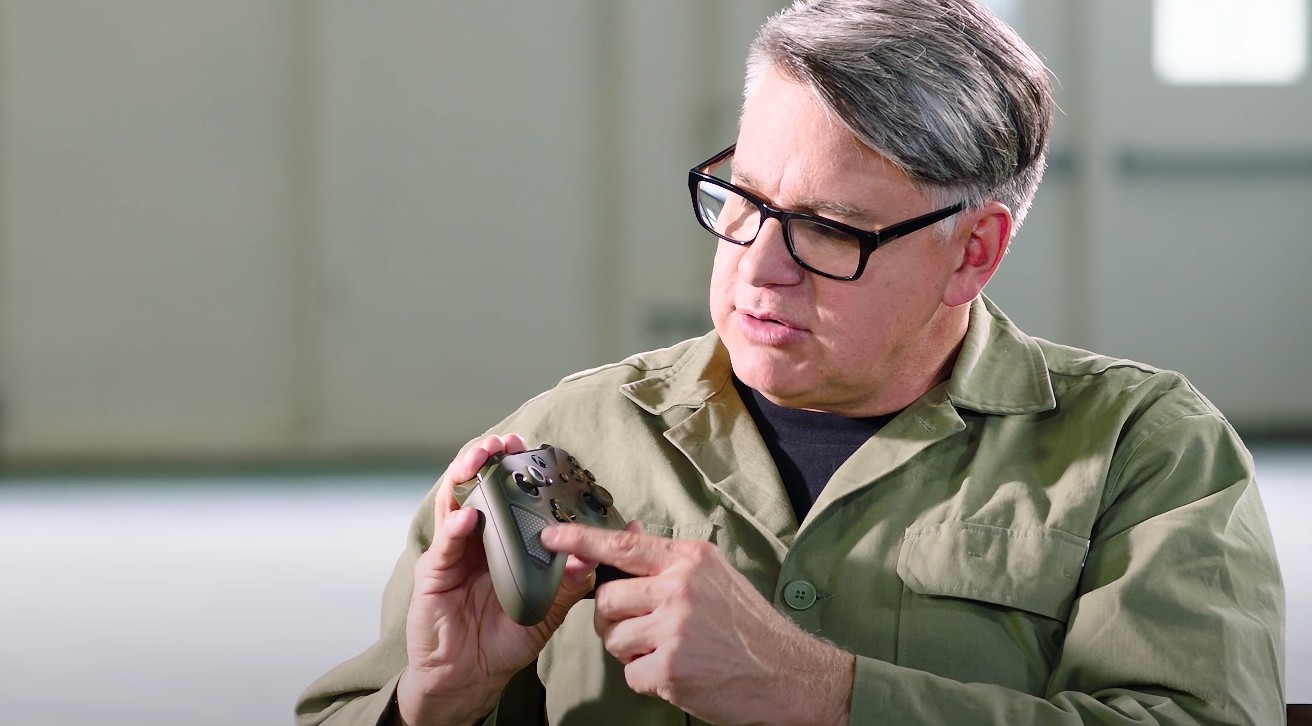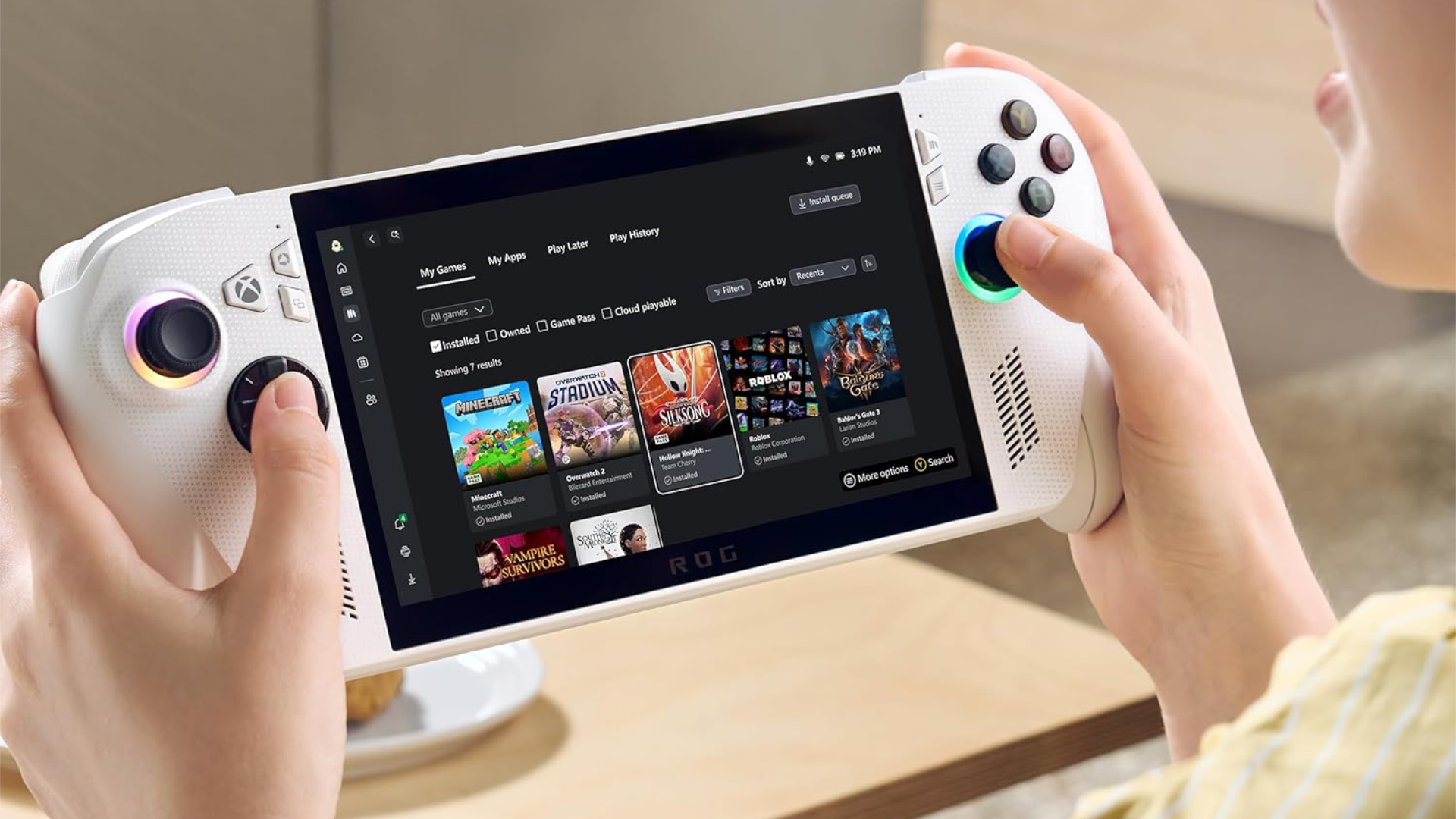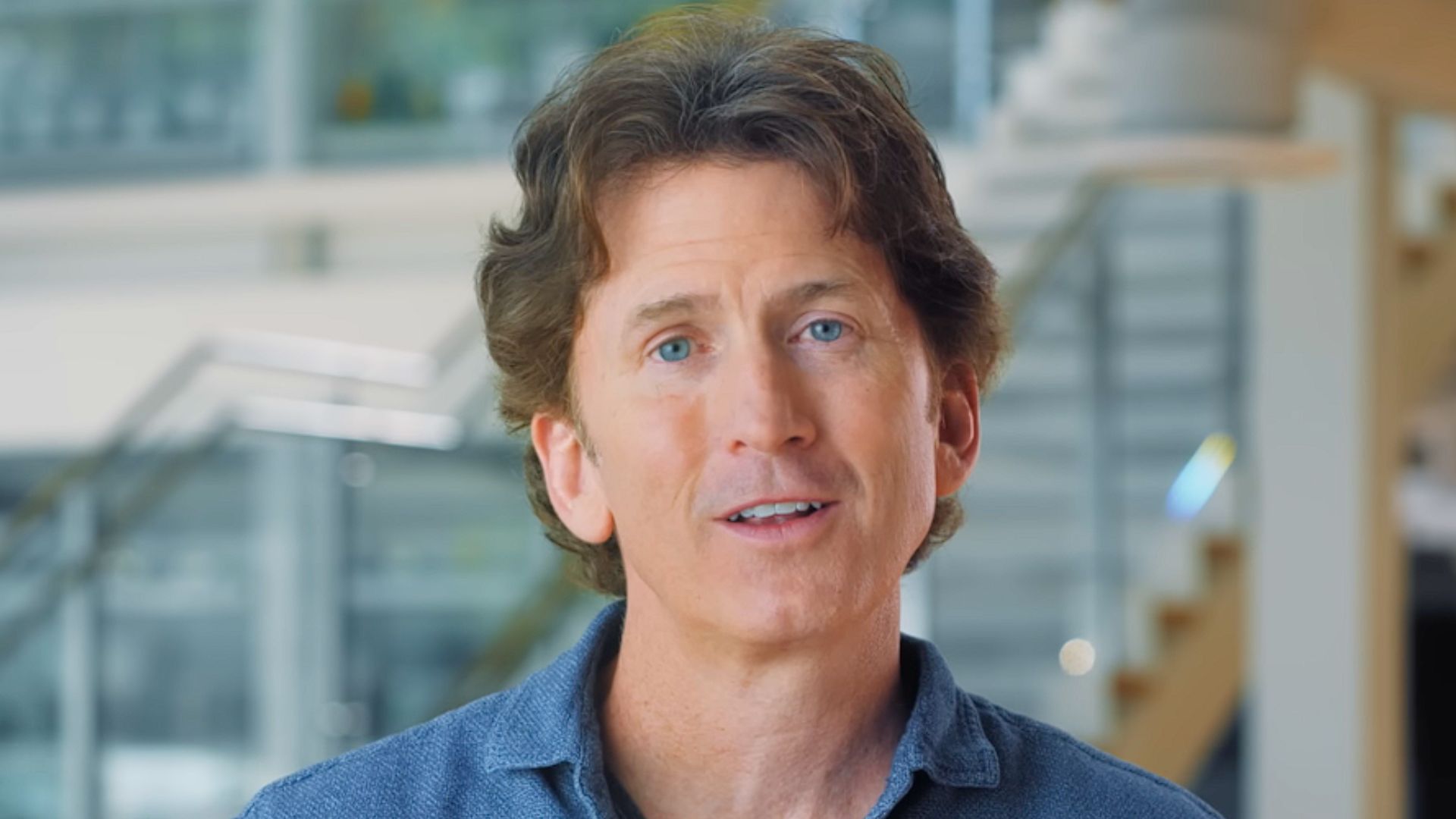Xbox hardware architect reflects on the Xbox Series X|S as it "wraps up" — "With my journey far from over, I am excited and inspired by what is ahead of us."
Xbox's Carl Ledbetter recently crossed 30 years at Microsoft (congrats!) and posted some remarks about the Xbox Series X|S and its journey, while hinting at Microsoft's continuing gaming hardware journey.

All the latest news, reviews, and guides for Windows and Xbox diehards.
You are now subscribed
Your newsletter sign-up was successful
Microsoft's Xbox Series X|S generation is coming to a close, and one of its principle architects posted some reflections about the journey.
Microsoft is in a period of transition with gaming, increasingly moving towards publishing over platform operation. Xbox Game Pass subscriptions and games like Call of Duty, Minecraft, and World of Warcraft increasingly drive Microsoft's gaming profits, over its platform services to third-parties — but that pie chart could be set to evolve too.
With the Xbox Ally PC gaming handheld, Microsoft is opening up the Xbox brand to traditional PC OEMs like Razer, Dell, Lenovo, and others. The Xbox Ally is the tip of the spear, built in partnership with ASUS, although there are credible rumors we're investigating that we might get a more traditional OEM "Xbox PC" as soon as 2026. Microsoft may end up finding itself at the fore of a new gaming hardware licensing empire if it all works out, taking cues from the Windows PC OEM model.
But what of first-party hardware? Microsoft isn't quitting there either. The next Microsoft-built Xbox is already confirmed, and it's set to contain new chips from AMD that maintain compatibility with the existing Xbox library.
To that end, Carl Ledbetter, Partner Head of Design for Xbox Devices, recently reminisced about the journey ahead of Microsoft Gaming, as Ledbetter crosses an incredible 30-year stint at Redmond.

Ledbetter has been posting a series of reflections on his hardware journey at Microsoft, which includes everything from the Microsoft IntelliMouse to the Xbox Adaptive Controller.
"Choosing 30 products to represent three decades of innovation at Microsoft is no easy task," Ledbetter explained. "Each product is a chapter in a larger story. A story of collaboration with talented teams and leaders, united by a common goal: to empower people, bring joy, and build a bridge between the physical and digital worlds where people can achieve more. These products are dialogues that invite users to explore, create, and connect in new ways."
All the latest news, reviews, and guides for Windows and Xbox diehards.
Ledbetter remarked on the Xbox Series X|S platform, which on paper is Microsoft's best ever hardware delivery. It has sadly struggled to keep pace with its primary competition, the PlayStation 5, owing to a variety of factors — but that is hardly the result of hardware quality, in my view. The Xbox Series X is an incredibly powerful and sleek product, and the Xbox Series S' compactness for its power is a testament to the skill of Ledbetter and his team.
"As we wrap up this journey with the Xbox Series X and Series S, the mission behind these consoles echoes everything I’ve learned over 30 years — to create technology that’s powerful, purposeful, and beautifully integrated into people’s lives. Xbox is about fun and playing games," Ledbetter noted.
"When we began designing the Xbox Series X, the mission was clear: build a console that delivers unprecedented power while seamlessly integrating into the modern living room. The design was inspired by the machine itself — an engineering marvel of thermal cooling and efficiency — which naturally led to the console’s iconic vertical tower form. It’s not just a gaming device; it’s a statement piece, sleek and monolithic, designed to quietly command presence without shouting for attention."
Ledbetter emphasized that the Xbox Series X was designed to balance boldness with subtlety, allowing the device to stand out as a centerpiece as well as sit comfortably in a more minimalistic set up. The Xbox Series S took a different approach, Ledbetter says, prioritizing efficiency and compactness.
"Its compact design rethinks what a next-gen console can be: lightweight, accessible, and uncompromising on performance. The bold black circular vent was placed on the Robot White chassis with precision and intention. Providing functional cooling and a memorable graphic signature that speaks to the Series S’s unapologetic expression of function as form."
"I am excited and inspired by what is ahead of us."

Ledbetter closed his intro by noting, "with my journey far from over, I am excited and inspired by what is ahead of us," which should be some comfort to the Xbox faithful.
It's easy to get caught up in Microsoft's overall direction right now, which seems to hinge on inflating the share price and chasing tech trends over satisfying long-term customers. Microsoft is becoming an AI-first company, increasingly so, as it leverages its vast cloud investments to provide calculations for exponentially compute-hungry AI models.
As such, rumors have swirled for years that Xbox could shelve its hardware platform, and go the way of Sega and other console manufacturers in simply exiting the stage. Given Microsoft's partnership with AMD for the next Xbox, that's certainly unlikely to be the case in the near-term, but it doesn't stop constant speculation cycles.
READ MORE: Is Xbox hardware actually prepared for GTA 6?
Microsoft has cancelled various Xbox hardware plans over the past few years. There were plans for a mid-generation Xbox Series X|S upgrade, which were shelved. The cloud-first Hobart mini Xbox console was also shelved, and Microsoft's first-party Xbox handheld has also been shelved.
Microsoft's current Xbox hardware chief, Roanne Sones, used to lead Microsoft's Windows OEM efforts, which given the Xbox Ally and Xbox Meta Quest, should give you some idea about Microsoft's thinking with regards to hardware.
However, Microsoft still has an industry-leading industrial design hardware team which was near-completely spared in the recent layoff wave, with veterans like Carl Ledbetter at the forefront. It has industry-leading hardware design labs, iterating right now on hundreds of designs for headsets, controllers, and yes, consoles — showing that there's still plenty of fight left in Team Green.
Will there still be an audience for it when the time comes to launch, though? Things in tech are changing so fast these days, it's hard to say what will happen. But with Ledbetter and co. running the show — you can bet it'll be another amazing hardware product out of the box.
Whether or not Microsoft corporate supports it properly will be another story entirely ...

Jez Corden is the Executive Editor at Windows Central, focusing primarily on all things Xbox and gaming. Jez is known for breaking exclusive news and analysis as relates to the Microsoft ecosystem — while being powered by tea. Follow on X.com/JezCorden and tune in to the XB2 Podcast, all about, you guessed it, Xbox!
You must confirm your public display name before commenting
Please logout and then login again, you will then be prompted to enter your display name.
